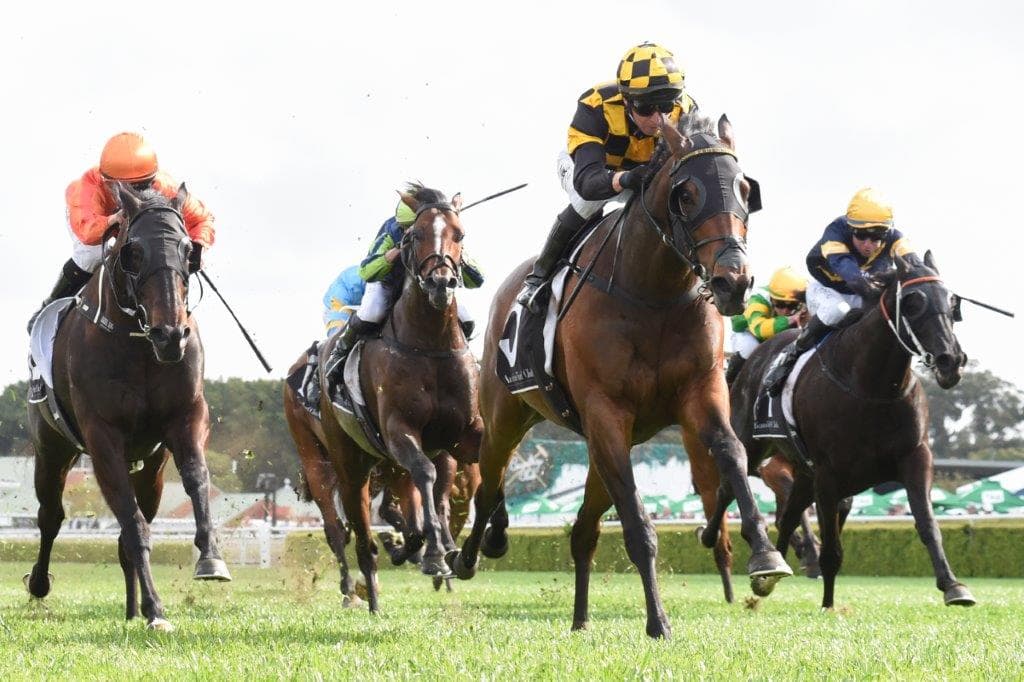
The role of a professional jockey is celebrated in Australian sporting culture, but it comes with risks that can have long term impacts on the health of both jockeys and thoroughbred horses – and even prove fatal. A jockey is five times more likely to suffer a concussion than an AFL footballer, and based on death at work statistics, it’s also the second most dangerous job in the world.
Enhanced welfare and safety of thoroughbred horses, those who work with them, and the sustainability of the industry is a key priority the AgriFutures Thoroughbred Horses Program Strategic RD&E Plan (2017-2022). The Program and Racing Victoria have invested in research that investigates how to monitor a jockey after a concussion to inform their recovery and return to work.
The research project ‘Improving jockey safety through the use of virtual reality and biomarkers of concussion’ relied on innovative technology and significant hours in the lab – but builds on common sense.
“We already know that when someone is stressed, their decision-making skills are adversely impacted – and research into this field was initially based on that knowledge,” said research lead Dr Brad Wright.
Based at the School of Psychology and Public Health at Melbourne’s La Trobe University, Dr Wright led a team of researchers to find out how a jockey’s high stress workplace could be related to the rate at which they hurt themselves.
“We started analysing data and could see that stress was leading to physiological changes that impact decision-making, which then leads to inattention and ultimately to injury and concussion,” he said.
“That led us to look at tests that are used to decide if a jockey is fit to return to work following a concussion, and we found that the pen and paper tests or even computer-based tests received push back from jockeys because it wasn’t a true representation of the stress they face on the track.
“We were concerned that jockeys could potentially return to work prematurely, based on cognitive tests that simply didn’t apply to their workplace.”









